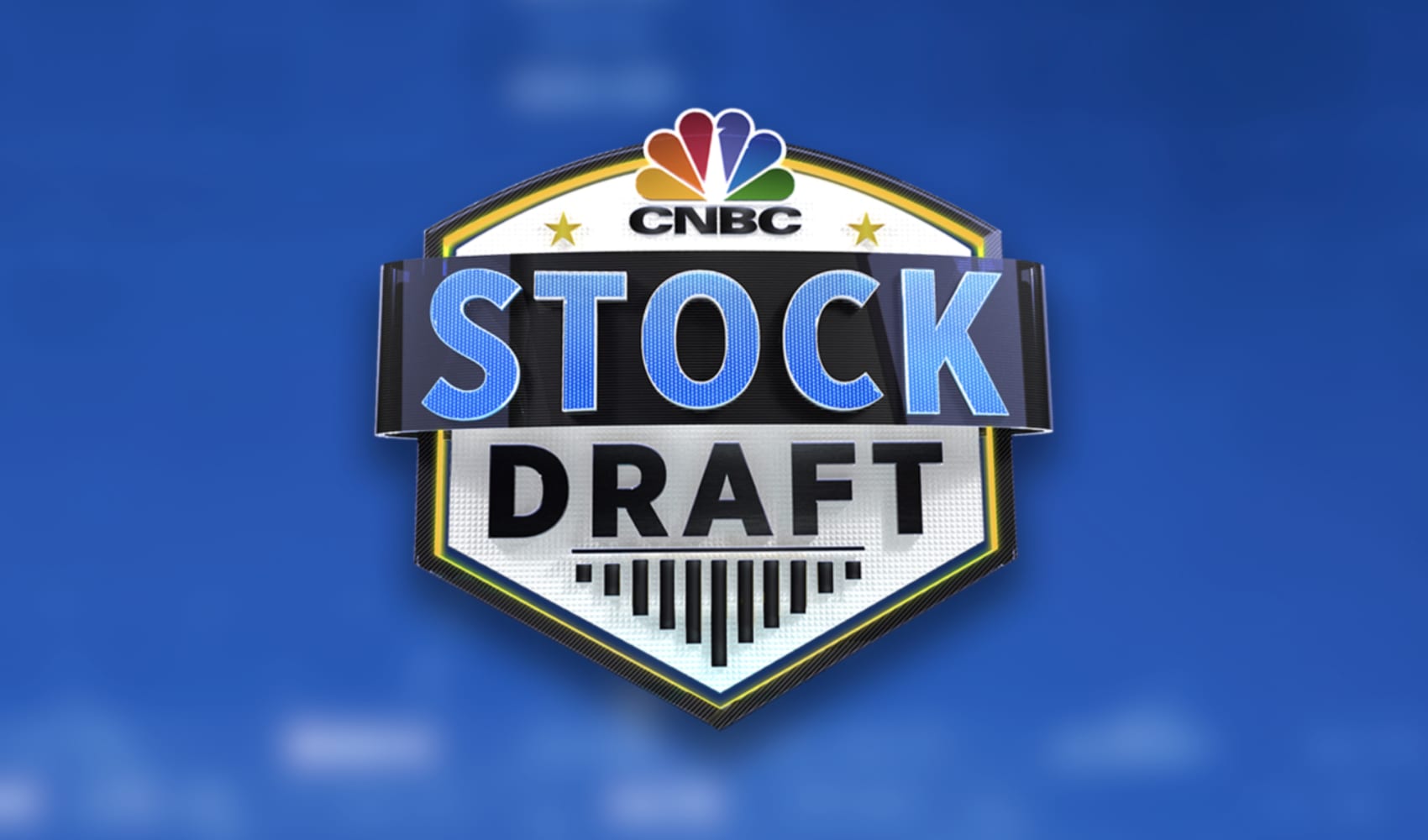
This is CNBC's live blog covering European markets.
European markets closed mixed on Tuesday, as traders reacted to rising commodity prices and uncertainty in the British bond market.
The pan-European Stoxx 600 was flat by the close, having earlier given back gains of around 1.3%. Oil and gas stocks added 1.6% to lead gains as most sectors finished in positive territory.
Close attention remains on the pound and U.K. bond markets after a historic sell-off on the back of British Finance Minister Kwasi Kwarteng's fiscal policy announcements on Friday. Both the U.K. Treasury and the Bank of England attempted to assuage concerns on Monday after a tumultuous market reaction.
Get Connecticut local news, weather forecasts and entertainment stories to your inbox. Sign up for NBC Connecticut newsletters.
Shares in Asia-Pacific were mixed on Tuesday after sharp falls on Monday. Wall Street rose, meanwhile, with the Dow Jones Industrial Average and S&P 500 bouncing back slightly from their lowest closing levels in nearly two years.
BOE Chief Economist Huw Pill sees significant rate move
"It is hard not to draw conclusion that this will require a significant monetary policy response," Huw Pill told the CEPR Barclays Monetary Policy Forum on Tuesday, according to Reuters.
Money Report
His comments come after major moves in the U.K. bond markets Monday on the back of a tax-cutting package from the British government.
"I do want to flag clearly at this point that in my view the combination of fiscal announcements that we've seen will act as a stimulus," Pill added.
—Matt Clinch
Wall Street climbs
Stocks in the U.S. rose Tuesday, with the Dow Jones Industrial Average and S&P 500 bouncing back from their lowest closing levels in nearly two years.
Read the full report here.
Fed’s Evans says he’s getting a little nervous about going too far, too fast with rate hikes
Chicago Federal Reserve President Charles Evans says he's feeling apprehensive about the U.S. central bank raising interest rates too quickly in its quest to tackle runaway inflation.
Speaking to CNBC's "Squawk Box Europe" on Tuesday, Evans said he remains "cautiously optimistic" that the U.S. economy can avoid a recession — provided there are no further external shocks.
His comments come shortly after a slew of top Fed officials said they would continue to prioritize the fight against inflation, which is currently running near its highest levels since the early 1980s.
- Sam Meredith
UK in a phase of pandemic-style easing, without pandemic-style monetary policy, analyst says
Market players may be underestimating how the increased supply of U.K. bonds will affect them, according to Imogen Bachra, head of U.K. rates strategy at NatWest.
"Even if the Bank of England don't actively sell back to the market, just the fact they won't be buying bonds is a huge turning point in the face of all of this supply," she said.
"This is pandemic-style easing, but without the offsetting pandemic-style monetary policy where the Bank of England were buying essentially all of the bonds that the Treasury were issuing."
She also said she believes yields will continue to travel higher. The yield on the 10-year gilt soared to levels not seen since 2008 on Monday.
Talking about U.K. mortgage traders halting products, Bachra said she expects this to be a short-term issue related to market volatility.
— Sophie Kiderlin
Stocks on the move: Wise up 7%, Vitrolife down 20%
Shares of London-based fintech Wise climbed 7% to lead the Stoxx 600 by early afternoon deals after Morgan Stanley raised its price target for the stock from 570p a share to 700p.
At the bottom of the European blue chip index, Swedish IVF company Vitrolife plunged more than 20% after Bank of America initiated coverage of the stock with an "underperform" rating.
- Elliot Smith
The Bank of England is right to hold off on rate hikes as the pound slumps, investment director says
The U.K.'s central bank shouldn't rush to increase interest rates, according to Julian Howard, Lead Investment Director of Multi Asset Solutions at GAM Investments, despite the slumping pound.
"I don't think it's the Bank of England's job to shore up the pound," Howard told CNBC's "Squawk Box Europe" on Tuesday.
"I prefer to frame this as a global phenomenon and I think the Bank of England should hold off before raising rates any further," he said.
He also said that talk of the U.K. becoming an emerging market is "a little bit premature."
"Some even said we're becoming a Mediterranean country but without the weather – I think that's too harsh," Howard said.
"I think in the medium term [deregulation and tax cuts] could be very helpful, but the market has decided to ignore it," he told CNBC.
— Hannah Ward-Glenton
Stocks on the move: Nexi up 6%, Vitrolife down 9%
Shares Nexi gained 6% in early trade to lead the Stoxx 600 after the Italian payments group published its new business plan, in which it projected 2.8 billion euros ($2.7 billion) in excess cash generation between 2023 and 2025 for M&A and share buybacks.
At the bottom of the European blue chip index, Swedish IVF company Vitrolife fell more than 9%.
- Elliot Smith
CNBC Pro: Here's where Dan Niles is putting his money
"We made money today. We are up in August. We're up for the year," fund manager Dan Niles told CNBC.
As major stock markets remain deep in the red this year, the investment veteran shares what he's buying in this volatile market.
Pro subscribers can read more.
— Zavier Ong
Fed's Mester says it is better to act 'aggressively' against high inflation
U.S. inflation is "unacceptably high" and uncertainties make monetary policy decisions "not trivial," said Cleveland Fed President Loretta Mester in prepared remarks at the Massachusetts Institute of Technology.
"When there is uncertainty, it can be better for policymakers to act more aggressively," she said. "Aggressive and pre-emptive action can prevent the worst-case outcomes from actually coming about."
She said she will be "very cautious" when assessing inflation data.
"I will need to see several months of declines in the month-over-month readings," she said. "Wishful thinking cannot be a substitute for compelling evidence."
–Jihye Lee
World Bank slashes growth forecasts for East Asia and Pacific region
The World Bank has slashed its 2022 full-year growth forecast for the East Asia and Pacific region to 3.2% from its April prediction of 5%, it said in its latest report released Tuesday.
"The slowing growth is mostly due to China," it said, adding the organization also cut its 2022 forecasts for the nation to 2.8% from 5%. The World Bank expects China to grow 4.5% in 2023.
The report said the median headline inflation is seen to surpass 5% this year, an upward revision from 3% previously forecasted in April.
–Jihye Lee
CNBC Pro: Analysts like Nvidia once again, with Citi giving it almost 100% upside
Analysts are once again starting to get bullish on Nvidia, after the semiconductor giant lost favor amid geopolitical tensions and a slowdown in the chip sector.
Citi and JPMorgan both said last week that solid demand in PC gaming, as well as cloud adoption in data centers, were set to be tailwinds for Nvidia.
So how much upside did they each give Nvidia shares? CNBC Pro subscribers can read more here.
— Weizhen Tan
European markets: Here are the opening calls
European stocks are expected to open in negative territory on Wednesday as investors react to the latest U.S. inflation data.
The U.K.'s FTSE index is expected to open 47 points lower at 7,341, Germany's DAX 86 points lower at 13,106, France's CAC 40 down 28 points and Italy's FTSE MIB 132 points lower at 22,010, according to data from IG.
Global markets have pulled back following a higher-than-expected U.S. consumer price index report for August which showed prices rose by 0.1% for the month and 8.3% annually in August, the Bureau of Labor Statistics reported Tuesday, defying economist expectations that headline inflation would fall 0.1% month-on-month.
Core CPI, which excludes volatile food and energy costs, climbed 0.6% from July and 6.3% from August 2021.
U.K. inflation figures for August are due and euro zone industrial production for July will be published.
— Holly Ellyatt






